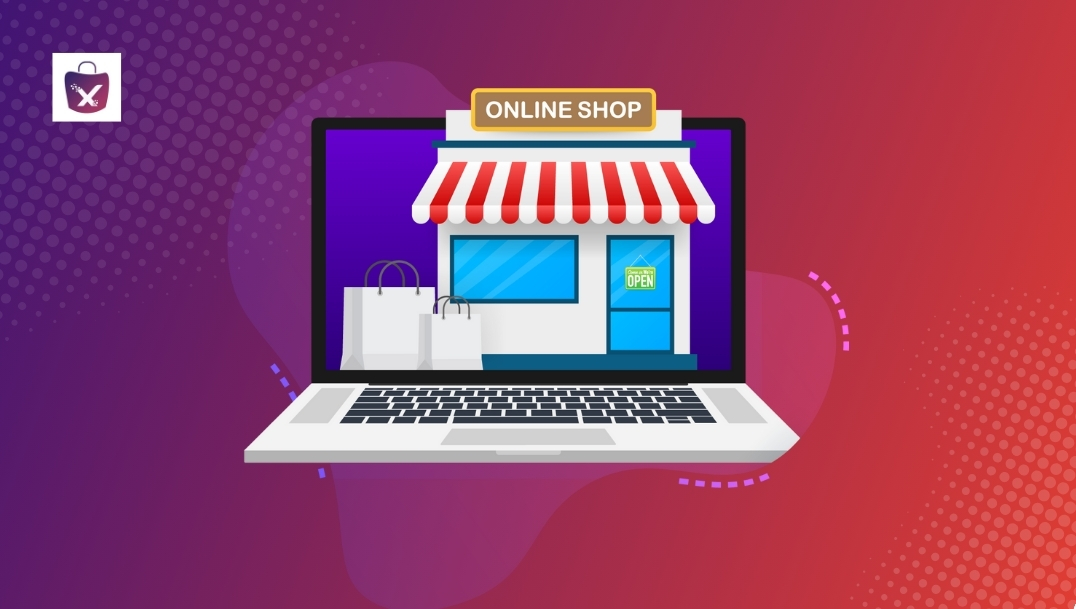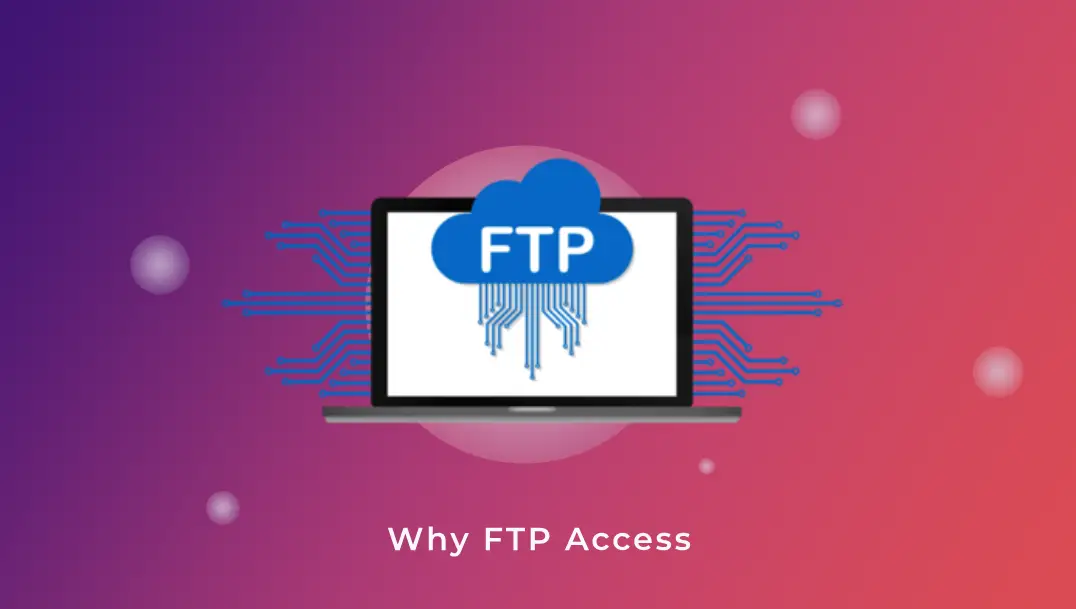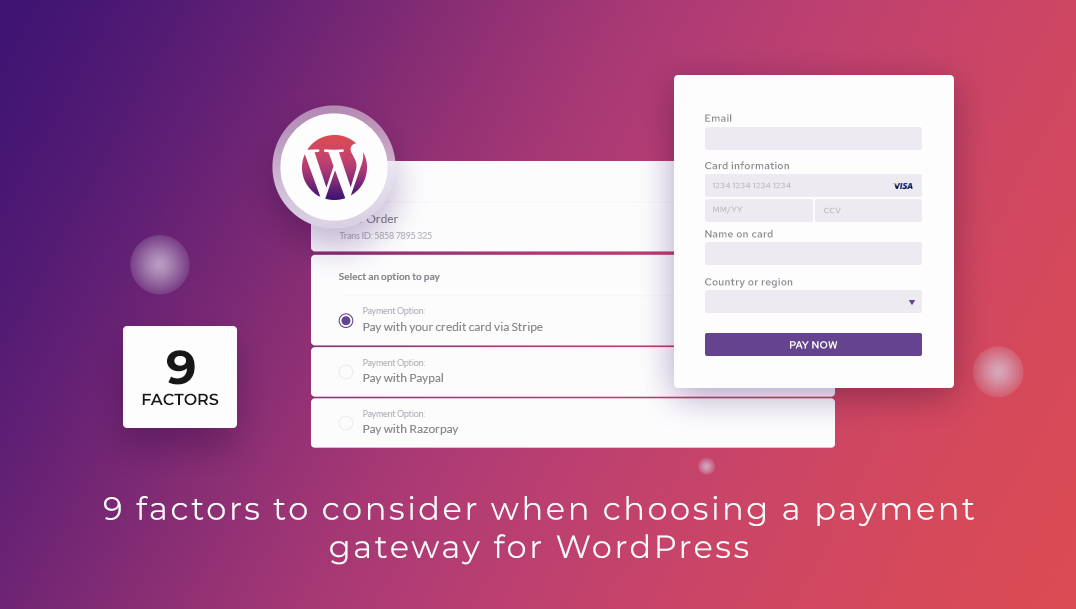The eCommerce landscape is an ever expanding territory in a state of constant flux. With every new piece of technology developed and introduced to assist sellers sell better, there is a significant shift in direction. However, with great opportunity comes a healthy margin of risks. The problem of plenty demands a cautious step. Whichever direction you choose to veer towards, the opportunities are fantastic but the possibility of encountering any numbers of traps coexist.
A large number of retailers today are caught choosing between web store and marketplace, two distinct launch pads for their eCommerce venture. There are no simple or one-shot answers for figuring out which option to go for. So let’s lay down a comparative analysis to outline how each platform works. Maybe with that, we can answer a few nagging questions you may have been asking yourself.
Time & Money – Development Timelines and Associated Costs
Time is money and this cannot be any truer than the dynamic online retail sector. If you are late to enter the market with a certain kind or set of products, there is a really good chance that you will fail to capture a sizable customer base.
This brings us to the amount of time and resources needed to be dedicated to build your own web store. On top of time-consuming website development, there will be product and inventory management in your bucket list from the day one. Do not forget to count web hosting, SEO groundwork and other major and minor web development issues.
However, as a retailer working on the marketplace model, you have a better shot at bypassing most of these issues and get down to business right away. A marketplace offers you their fully built-up infrastructure to work with. Merchants have their separate admin panel to control their own web store as well. Plus, you can almost entirely quit worrying about driving traffic because the marketplace operator will be the one taking care of that.
In other words, marketplaces can save you a lot of time and money, allowing you to start selling quickly without having too many things to worry about. It makes for an excellent option if you are new to the world of online retailing and eCommerce or if you’d like to work with a smaller operating capital.
It’s not all in favor of marketplaces. The rub lies in the fact that you’ll have to shell out a pretty decent amount as subscription/sign-up fees (usually $40/mo or more) plus commission against each item sold through the marketplace (ranging between 8% to 25%). That’s a big slice of your pie!
With your own web store however, you get to keep everything you make less what you spend on freight, packaging and taxes. The difference isn’t much but place your bets only after analyzing that against how much capital you’ll need to sink into your own web store right at the start.
Function and Flexibility – Ease of Operation and Management
There is no substitute for having total control of your own store’s back end and that is exactly what you can achieve with a tailor made, personal web store. WordPress and WooCommerce have put the ability to start your own online shop well within reach. Given how easy and visually inclined the process is, almost anyone can do the basics. But then again, anybody who has any experience in setting up a web store will tell you that it’s not as easy as it might seem on the surface. If you are not happy with what you get with your out-of-the-box setup, some time and effort need to be put into customizing your store.
Moreover, and this is where the part about function and flexibility comes in, you’ll need to install and integrate any number of plug-ins to add functionality to your store, be it a payment gateway or a filter set. Needless to say, this may require some coding skills many might not possess. However, with an ever-increasing library of plug-ins and a dedicated developer community, it becomes extremely easy to add more and more customizations to your web store. This can potentially allow you to fine tune your shop to an astonishing degree.
Marketplaces are a whole new ballgame altogether. Sign up to sell on an established marketplace and you’ll find that managing your storefront becomes a cakewalk. Marketplace owners already have dedicated dashboards for their merchant partners where you can easily list, organize and manage your inventory with little to no effort. Payments and taxes are handled by the platform itself leaving you with very little to worry about. Infrastructure is updated regularly and new features are implemented across the platform during upgrades.
The trade-off is of course very obvious. You are left landlocked. Upgrades and new features will be implemented at their own pace, analytics data will be limited to what can be gathered through the limited dashboard and you probably won’t get your choice of payment gateway. However, the fact remains that if you want to go the no-frills way, this is your best option.
Competition – Go Solo or March Under a Flag?
Competition in any market is inevitable and it is especially ruthless when it comes to retailing online. The rate at which products are marked down and daily sales are announced, stands testament to the ferocity of competitiveness. This is exactly the reason why only 47% retail business stay in the market after four years.
Going solo with your very own web store is an excellent idea. It’s not just about being your own boss. You get to set the terms and the prices, keep everything you make and run your business exactly the way you want to. With any luck, you might be one of those few retailers who can proudly claim that they have been able to build a brand out of their own web store. That, in itself, is a singularly rare and commendable achievement. Why? Just as I was saying, the online retail business is a savage thing and the challenge is just to stay afloat long enough to bring in profits. A large number of web stores are stillborn just because their creators could not get past the idea of making a quick buck and failed to nurture the business.
That is why there is some sense in marching under the flag of an established marketplace. Cartel keeps the competition healthy but keeps it from turning into a rabid cage fight. You get instant access to a large customer base which can potentially supply you with a steady stream of sales. Maintaining an inventory suddenly becomes a much cheaper and easier endeavor allowing you to relax your bottom line a little.
In all, it is a sheltered existence, away from the front lines but in the long run, you will have to abandon your hopes and dreams of building your own business brand. The loyalty of your customers will rarely belong to you because they’ll hardly have any direct contact with you.
To sum up, doing business online is not a cakewalk. There are two primary paths you can take to break into the world of online retailing. However, each of these roads has their own unique pitfalls. Some of them we have managed to cover here in this post, but there are a few more which I’d like to discuss with my next piece.






